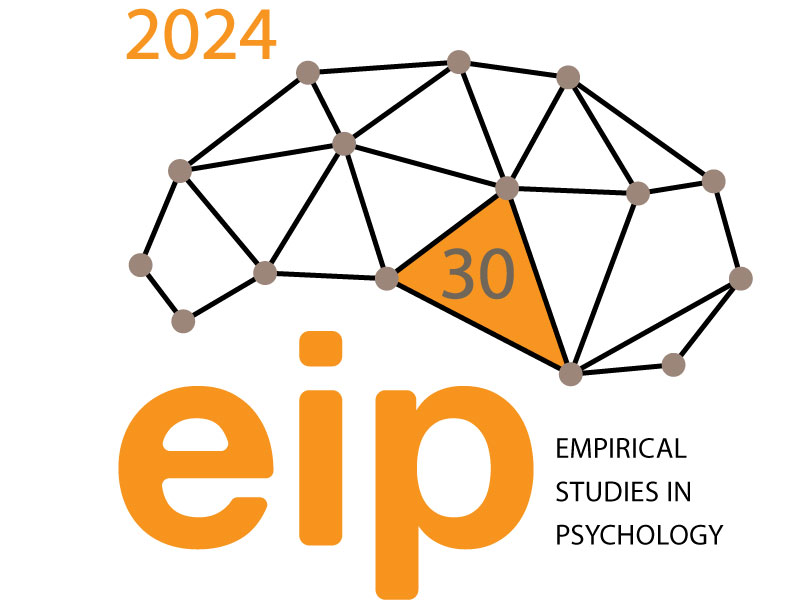Jean Ispa, University of Missouri
|
Parents who are autonomy-supportive interact with their children in ways that show respect for children’s goals, choices, and sense of volition within reasonable expectations and culturally accepted limits. Research conducted in many countries points to the benefits of parental autonomy support for children’s and adolescents’ emotional well-being, intrinsic motivation to learn, and achievement. At the same time, cross-cultural work indicates that its effects are moderated by parental intent and the particular strategies that they employ. This talk will provide an overview of the theoretical bases for research on autonomy support and my own and others’ findings regarding factors that affect parents’ autonomy supportive vs. controlling parenting styles and their implications for children’s and adolescents’ development in several cultural groups.
|
 |
|
Jean Ispa is a Professor Emerita in the Department of Human Development and Family Science at the University of Missouri (USA). Her undergraduate degree and her doctorate are both from Cornell University. Her research interests center on the intersections of culture and socioeconomic status as reflected in teaching and parenting practices, parent-child relationship quality, and child development. Her earliest research examined the evolution of child-care center teaching practices and parenting values in Soviet- and post-Soviet Russia. Subsequently, she was a member of a consortium of researchers gathering data on thousands of parents and children from diverse U.S. ethnoracial groups living in poverty. She has used these rich observational, interview, and survey data to pursue questions regarding the causes and implications of maternal autonomy supportive and controlling behavior during play and conversation with children. |

